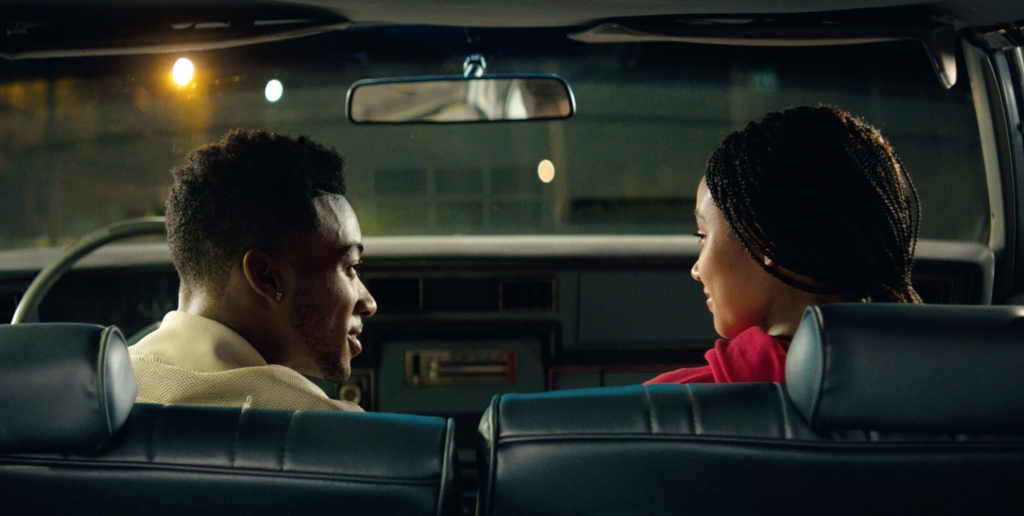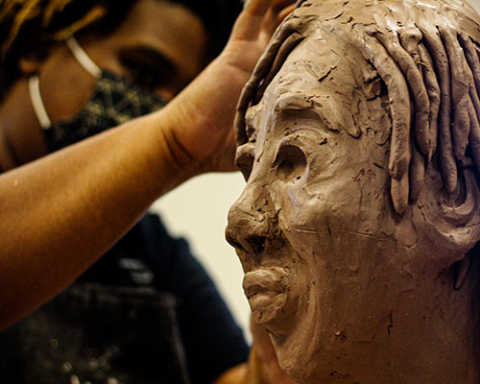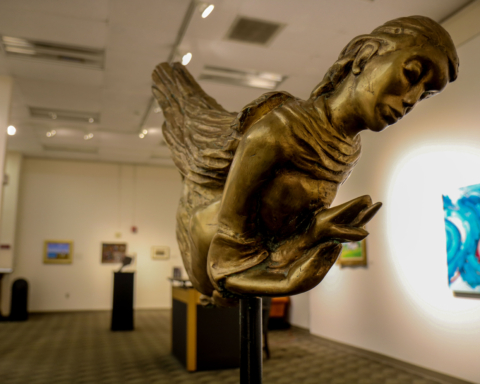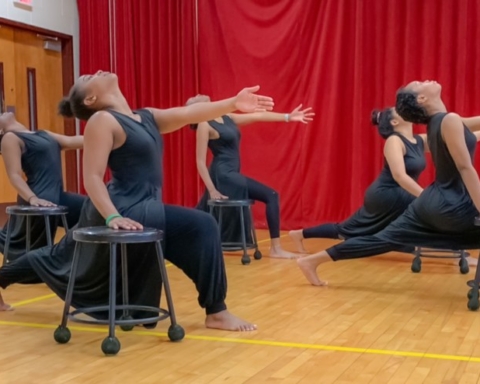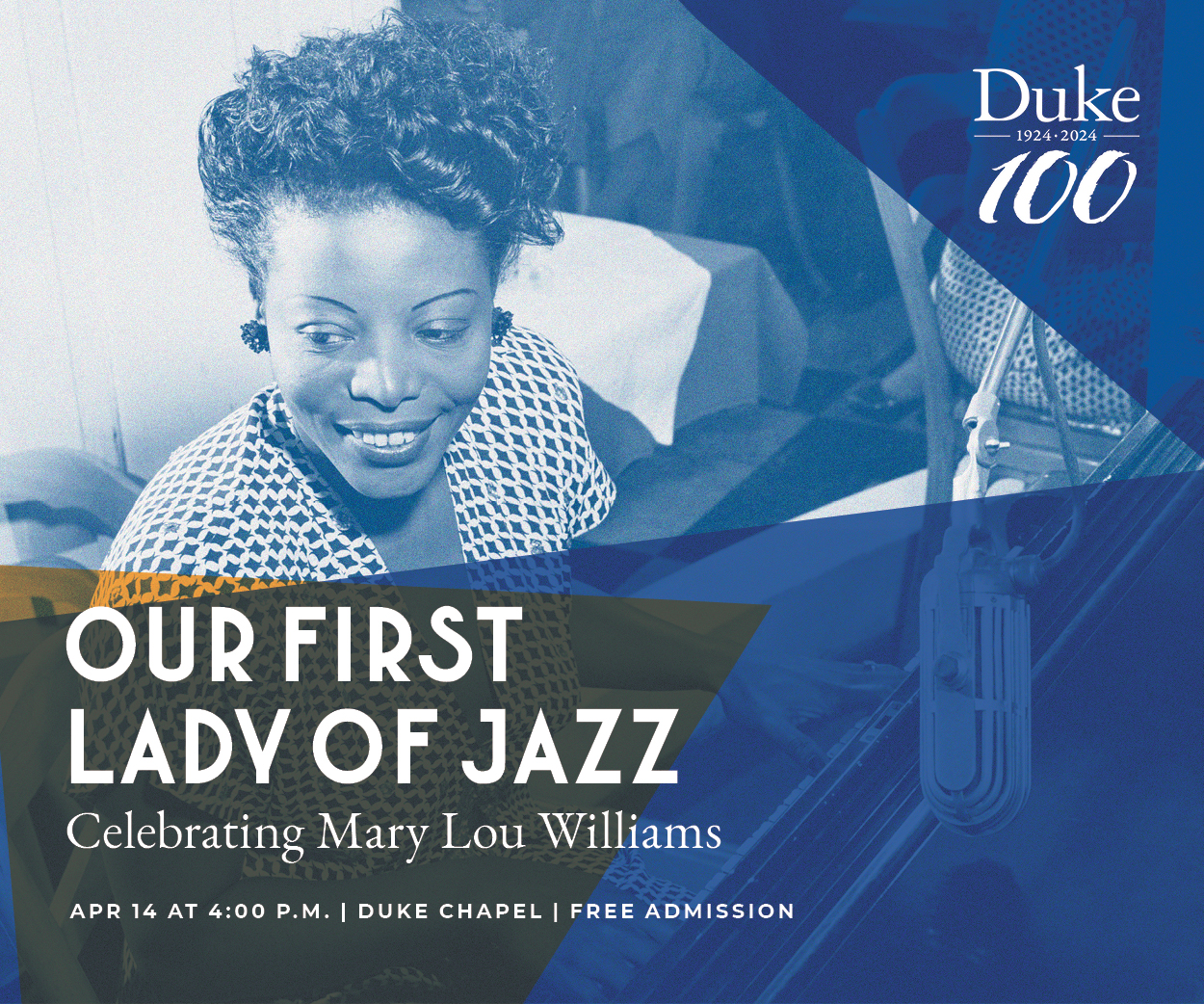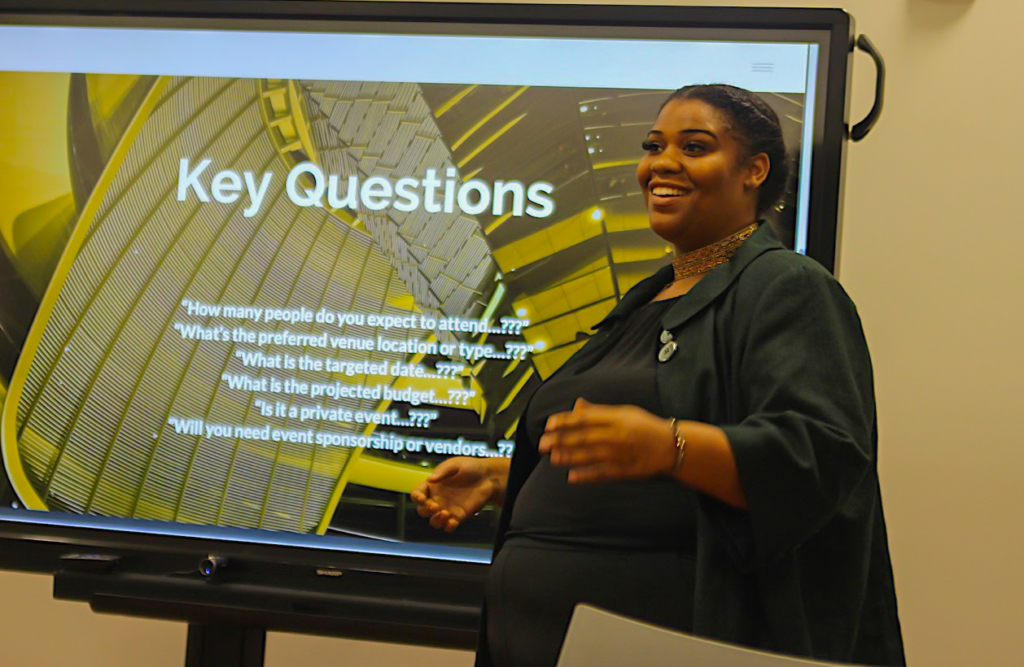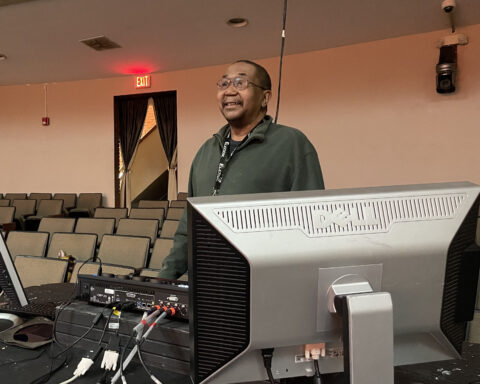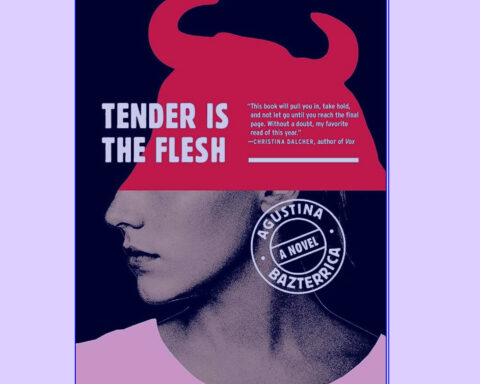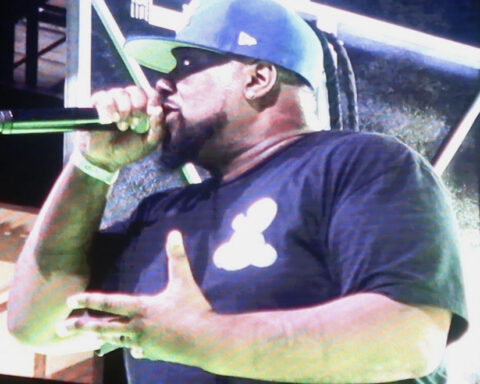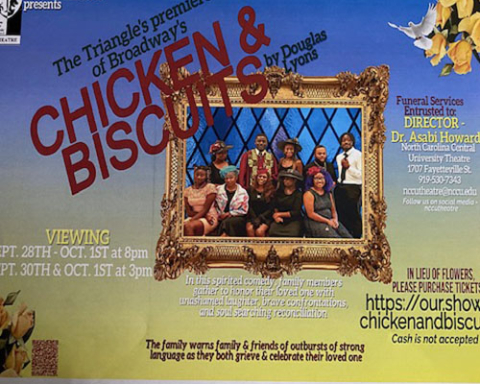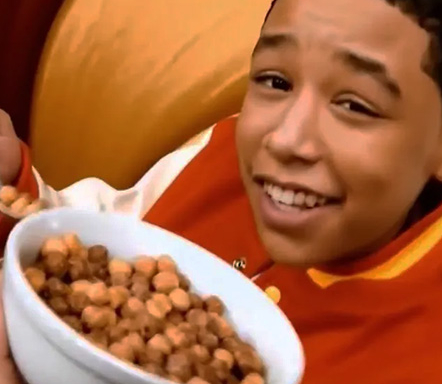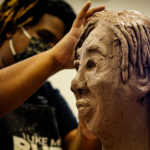When author Angie Thomas was asked what she wanted readers of her New York Times bestselling novel “The Hate U Give” to understand after reading her work, her reply was simple: “Empathy is more powerful than sympathy.”
N.C. Central University students had the privilege of screening the film adaption of Thomas’ novel on October 3, eight days before the movie premiered nationwide. The event was organized through Bazan Entertainment Marketing Inc. in conjunction with NCCU’s Student Activities Board.
“The Hate U Give” does not recoil from the reality of black presence in America, and instead serves as a representative, though fictionalized, reminder to viewers of racialized police brutality, black-on-black violence in urban communities, and apathetic attitudes found all too often in privileged white people. It explores for and reveals the true depth of modern systematic oppression. Thomas’ characters are all unique and they represent real people. Watching the film, you might see yourself, a friend, or even a relative in one of them.
WARNING: spoilers are below.
Starr Carter (played by Amandla Stenberg) reminisces on when she was introduced to systematic oppression at only nine years old. Her father Maverick (Russell Hornsby) was teaching his children about how to survive and find their way through a “white” America by giving them “the Talk,” a discussion many black children may remember receiving themselves. Maverick tells his three children, Starr and her two brothers, Seven (Lamar Johnson) and Sekani (TJ Wright), how they should act if they are ever pulled over by the police.
Maverick ends ‘the Talk’ by saying “Don’t you ever forget that being black is an honor because we come from greatness.” The embodiment of not only an exceptional father, but also an indomitable and secure man in his household, Maverick Carter is the light of the family, especially for Starr on her quest to find her voice against violence and abused power.
Angie Thomas gave the character Maverick a strong presence in his children’s lives. Despite the years he spent away from his family in prison, he came back into their lives more developed and mature. Thomas attacks one of the biggest narratives that ruin black men’s image: black fathers are not involved in their children’s lives.
Starr is a 16-year-old girl who enjoys Air Jordans and 90s pop culture like “Fresh Prince of Bel Air” and music by the girl group TLC. Stuck between two worlds and fighting an internal battle to find herself, Starr lives in the predominantly black community of Garden Heights, where those who attend the local high school get either “jump(ed), high or pregnant.” However, Starr and her siblings attend Williamson Prep, whose student body is primarily composed of white students. In the middle of her battle to keep these two worlds apart, Starr’s life, identity and voice is changed forever by the murder of her childhood friend, Khalil.
Khalil’s murder isn’t even the first of her childhood friends’ that Starr has witnessed. When she was ten, she watched as her friend Natasha was killed by a stray bullet during a drive-by by a powerful community gang called the King Lords. She never found the voice to speak out against the criminal injustice against Natasha out of fear that the gang would kill her next for telling the truth.
While in the car with Khalil, whom Starr also has a crush on, the two of them are pulled over for failing to signal a lane change after leaving a party. When the officer (Drew Starkey) asks Khalil to step out of the car, it was obvious that he didn’t realize the gravity of the situation, nor did he receive the same “talk” that Starr did as a child. Unlike Starr’s doting mother and father, Khalil did not grow up with a father figure and his mother was addicted to hard drugs. Khalil reached back inside the car where Starr remained to grab his hairbrush just as the officer shoots him three times, assuming that the hairbrush was a gun. Instead of asking Khalil to put his hands up or get down on the ground, both the officer and Starr watched Khalil bleed out to death in the street.
Director George Tillman Jr. took on the challenge to make Angie Thomas’ book much more confrontational than its original intent. He not only focuses on the systematic prejudice that led to Khalil’s death, but also brings life to how the black community turns on itself in times of despair rather than uplifting and surviving with one another.
The focus of “The Hate U Give” on police brutality comes at a time in history when the deaths of those like Michael Brown, Tamir Rice, Sandra Bland, and Eric Garner seem to be happening all the time with no way of stopping it as one person alone. This film wants the viewer to take that bottle of emotions and spill it out by speaking up for victims. “The Hate U Give” is a masterpiece full of inspiration and a song calling out to the human spirit.

